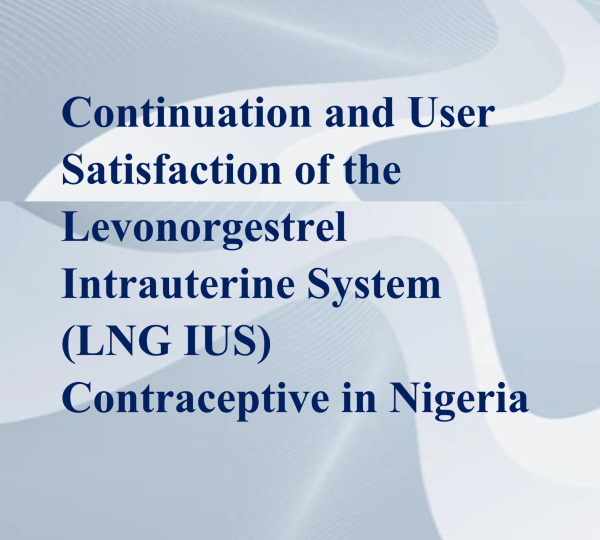The Nigeria Case for Investing in Integrated Health Systems and Epidemic Preparedness
Nigeria has seen repeated instances of epidemics and pandemic cycles which have let our vital outbreak-fighting mechanisms atrophy. The business case for strengthening the nation’s pandemic-response capacity and primary health systems at all levels is compelling, particularly with the continuous outbreaks of infectious diseases including the recent diphtheria, Lassa fever, and anthrax outbreak.
Anthrax has essentially ceased to be regarded as a disease of major health or economic importance after the enormous successes of Max Sterne’s veterinary vaccine developed in the 1930s, but there has been continuous reoccurrence which posed a lot of challenges to our overstretched health system in Nigeria. Last week, the Federal Ministry of Agriculture and Rural Development confirmed a case of Anthrax disease in Niger State. This necessitated collection of samples from potential multiple sources for testing in the National Veterinary Research Institute (NVRI), Jos, Plateau State, and the establishment of a technical working group to coordinate response.
Against this backdrop, the Society for Family Health calls for a One Health approach that promotes the need for a preventive approach to epidemic readiness and urges governments to make this epidemic resurgence as a case for investing in integrated health systems and epidemic preparedness. This will see a rapid shift from breaking glass in case of emergency response systems to always-on systems and partnerships that can scale rapidly during epidemics, integrating epidemic prevention agenda, the renaissance in infectious diseases research and development, and improve systems ready to surge while maintaining essential services and detecting infectious diseases.
To be truly complementary and additive, the role of both the public and private sectors through systematic collaboration, cooperation, and coordination is essential and needs to bring everyone to the table. Anthrax is a severe disease that could reverse many gains achieved in our health systems if left without major attention and will require a whole of society’s action. An approach that requires major inputs for the country’s position towards the actualisation of the pandemic accord ambition will be essential for the country and build the resilience of communities. This will require a national consensus from all sectors to garner the necessary political and financial support in a global climate increasingly characterised by compounding crises, donors’ transition, and geopolitical tensions.
Finally, we urge the government to remain focused on navigating the current crisis but also make smart investments in primary health centres which can now both enhance the ongoing epidemic response and strengthen public-health systems to reduce the chance of future epidemics. Investments in public health and other public goods are sorely undervalued of whose success is invisible, even more so when we don’t leverage on broader capacities. Many such investments would have to be made even as we push forward for a new economic dawn.


